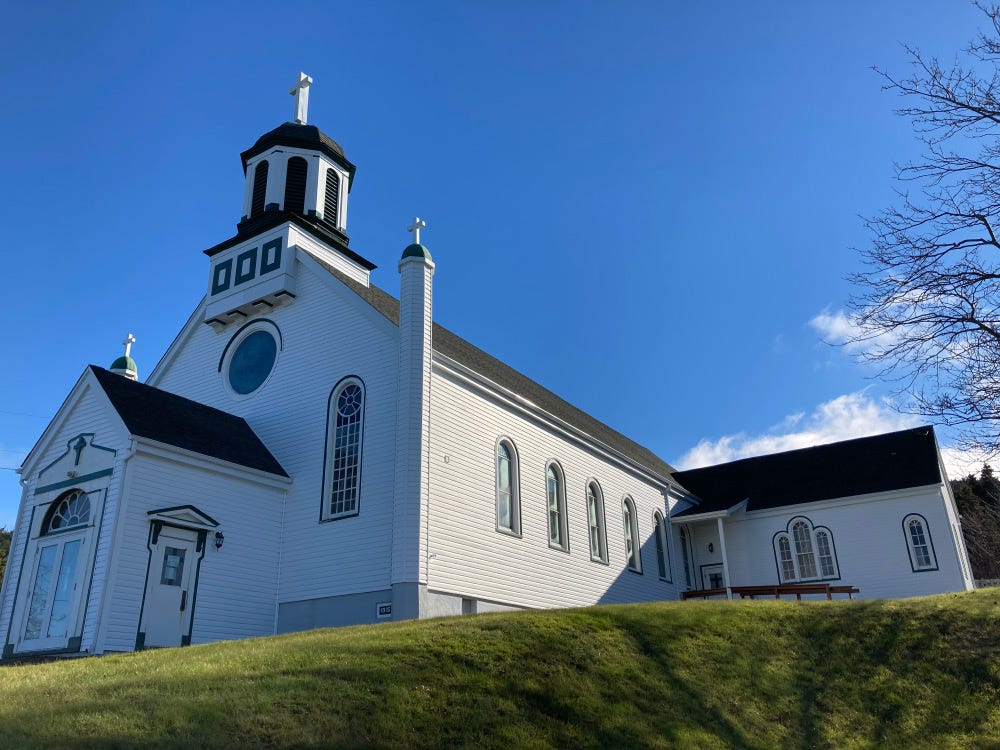18 Newfoundland churches for sale in St. John's bankruptcy
News: Archdiocese of St. John's, Canada
Nearly 20 parish churches on the eastern edge of North America face the prospect of closure, as the properties have gone up for sale in bankruptcy proceedings for the Archdiocese of St. John’s, Newfoundland, Canada.

